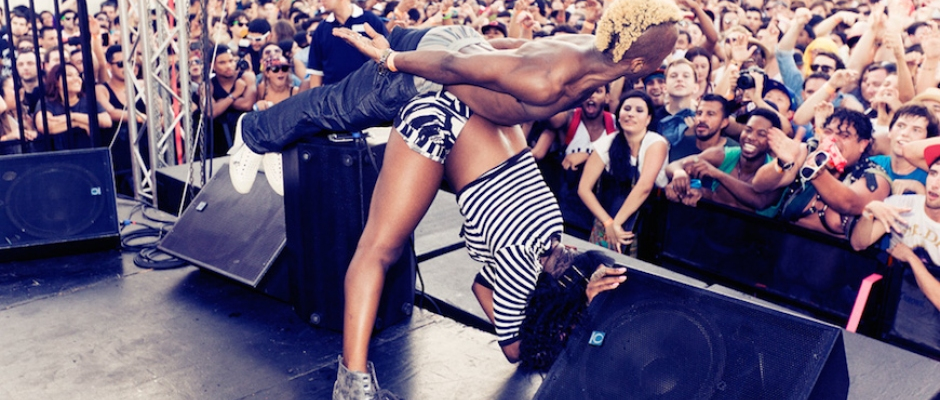

Sex is an integral part of Jamaican culture, deeply embroidered into the fabric of its music, dance, language, and social norms and the conservative side needs to get over it.
The fact is that this cultural facet is not merely about physical sexual acts but holds a broader spectrum of identity, expression, and community.
Understanding this context is extremely vital to appreciating how sex permeates and highlights various aspects of Jamaican life, influencing everything from artistic expression to social interactions.
The issue with some conservative Jamaicans is that they believe anything outside of Biblical scripture or doctrine of their church is not “of God”, and so they speak out against anything secular… this is a problem for a country like Jamaica whose culture is one of the main selling point to tourist (our bread and butter).
A significant amount of Jamaica’s populace is Christian, and both predominant political parties do have conservative beliefs.
Much like Paris is the ‘City of Love’, romance, and wine; and Spanish cultures have salsa music with sexual undertones, or the Eastern Caribbean has Carnival, Jamaica has a profound sexual identity and we express this in the following ways:
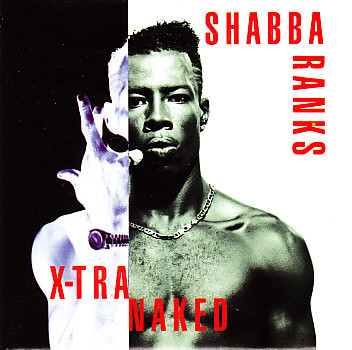
Celebrating sexual expression through music and dance
Jamaican music, particularly genres like reggae and dancehall, often features explicit lyrics and themes centred around love, desire, and sexual prowess. Songs by iconic artists such as Buju Banton, Lady Saw, Shabba Ranks, Vybz Kartel and for the younger generations, RajahWild, Jada Kingdom and the rest, celebrate sexuality openly.
The provocative, descriptive lyrics and rhythmic beats invite listeners to embrace their sensuality and engage in uninhibited expression. And this is completely fine.
Lady Saw asking any man with sexual talents to “stab out mi meat”, is completely fine, and emblematic of how Jamaican women actually talk and think about sex. She did not just come up with that out of thin air, and it didn’t become a hit because folks thought she was somehow talking about a butcher shop and its inner workings.
University of the West Indies (UWI) professor Donna Hope, in her research, ‘Review of Inna di Dancehall: Popular Culture and the Politics of Identity in Jamaica‘, describes the male and female relationship between dancehall and the Jamaican people and the way we affirm our sexuality.
“Maleness is affirmed by ‘conquering’ the punani (slang for female genitalia). While having children with (or simply having) multiple sexual partners is one way for men to assert their identity,”
It is in this same way that women, assert their dominance over men in their lyrics, empowering themselves in the process.

Dancehall culture, in particular, highlights our sexual nature more than any other medium, not only with its lyrics but also through its dance moves, which are often sexually suggestive and performed with a vigour that defies conventional and conservative handcuffs.
Dances like “daggering”, “hot wuk” or “unch It” illustrate a raw, unfiltered celebration of sexuality, turning dance floors into spaces where participants express themselves freely.
This openness is a form of resistance against social and religious repression and a celebration of bodily autonomy and liberation.
Language and communication
“‘Ey baby, yuh buff look fat inna yuh shorts, eh!”
Jamaican patois is filled with expressions and euphemisms related to sex and relationships.
This linguistic aspect is not just for humour but also serves as a means of exploring and discussing sexuality in a way that is embedded in everyday conversation.
Terms and phrases that might seem explicit to outsiders such as “saacka”, “bruk”, “sort out” and “dooguh-dooguh” are often used in Jamaica to convey intimacy, flirtation, and affection, reflecting a cultural comfort with sexual topics, for the Jamaican-left.

Community and identity
In Jamaica, sex and sexuality are often hidden away in the public dialogue.
However, this openness helps to shape social norms and relationships within communities for those who are inclined to see it as a good part of the culture.
Just, try to imagine Italy without pizza, Havana without dirty dancing, and New York with Gray’s Papaya. That is how I picture Jamaica sans its sex appeal.
Professor Carolyn Cooper argued in her research ‘Noises in the blood: Orality, gender, and the “vulgar” body of Jamaican popular culture‘, that those who view the popularity of the vulgar lyrics and associated “indecent” dance movements, together known as “slackness,” as a rejection by down-town working class of up-town middle-class morality as hypocritical. She also says that women and girls are the main supporters of lyrics and movements thought to be degrading to womanhood, she explained that it is simply an expression of sexual liberation. I want to add to Cooper’s sentiment that it is also a huge part of our identity.
The annual Carnival, for instance, or the dancehall events display our music, dance, and costumes, the symbolic ‘pum pum shorts’ and they embrace themes of sensuality.
Yes, you are expected to ‘whine pon somebody son or daughta’ in the dancehall and in this act find fun and enjoyment. Yes, this can sometimes be sexually charged, but more often than not just be good fun and cultural expression.
Sexuality also plays a role in shaping individual and collective identities. In a society where machismo and sexual prowess can be markers of social status, discussions about sex and sexual experiences contribute to one’s sense of self and place within the community. This cultural aspect can be emancipating, as it allows individuals to assert their identities and resist conforming to restrictive norms.

A mirror of society
Jamaican visual and performing arts frequently explore themes of sexuality.
From the bold paintings of artists like Barrington Watson to the evocative performances of theatre groups and movies, sex is depicted as an integral part of the human experience.
These artistic expressions often challenge societal taboos and invite viewers to engage in conversations about sex, gender, and power. Sex is undeniably a significant part of Jamaican culture… it is a layered part of the foundation of it. Our interactions as a people would be like bathing with sandpaper—Jamaica would lose its spark, so we must admit what the spark is… it is our authenticity.
Movies like ‘Third World Cop’, ‘Shottas‘, ‘Get A Life‘, ‘Sprinter‘, and ‘Dancehall Queen‘ would not have had the same effect on their audiences if they did not effectively depict, with accuracy how sex, violence, corruption, hardship and strife play a significant role in our societal identity.
Marcia would not have won that Dancehall Queen contest if she had gone up on stage skanking or doing the willy bounce…she had to lean into her sexuality, and that is a concept most Jamaicans understand at their core.
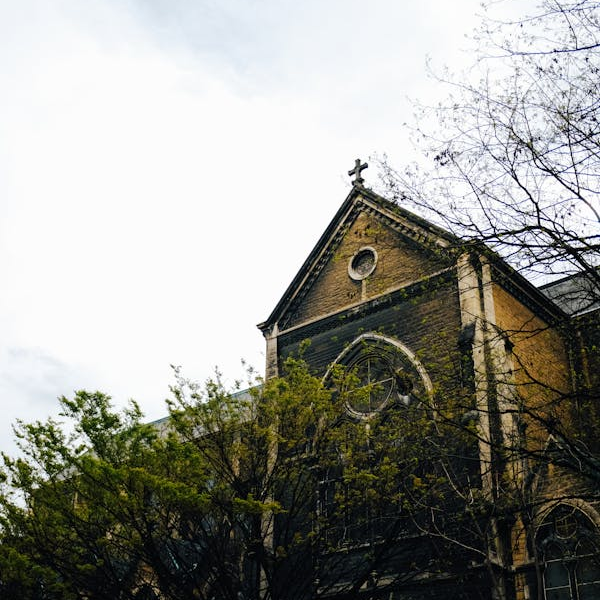
Respectability politics
This cultural characteristic invites a more nuanced understanding of how sexuality shapes and is shaped by the Jamaican way of life, offering a lens through which to view the complexities and richness of the island’s cultural tapestry.
Embracing sexuality, openly, Jamaica challenges conventional norms and celebrates the human experience in its fullest form, fostering a sense of freedom and authenticity, and encouraging individuals to express their true selves without fear of judgment or repression.
So, why do they fight against it with such vigour?
This is my hope: That conservative Jamaicans see that sex is not of the ‘devil’ and is actually an important part of their culture, whether they like it or not.
But, this is Jamaica after all, where conservatives have a higher authority over policies and social norms while benefiting from the very same things they shun as vulgar.
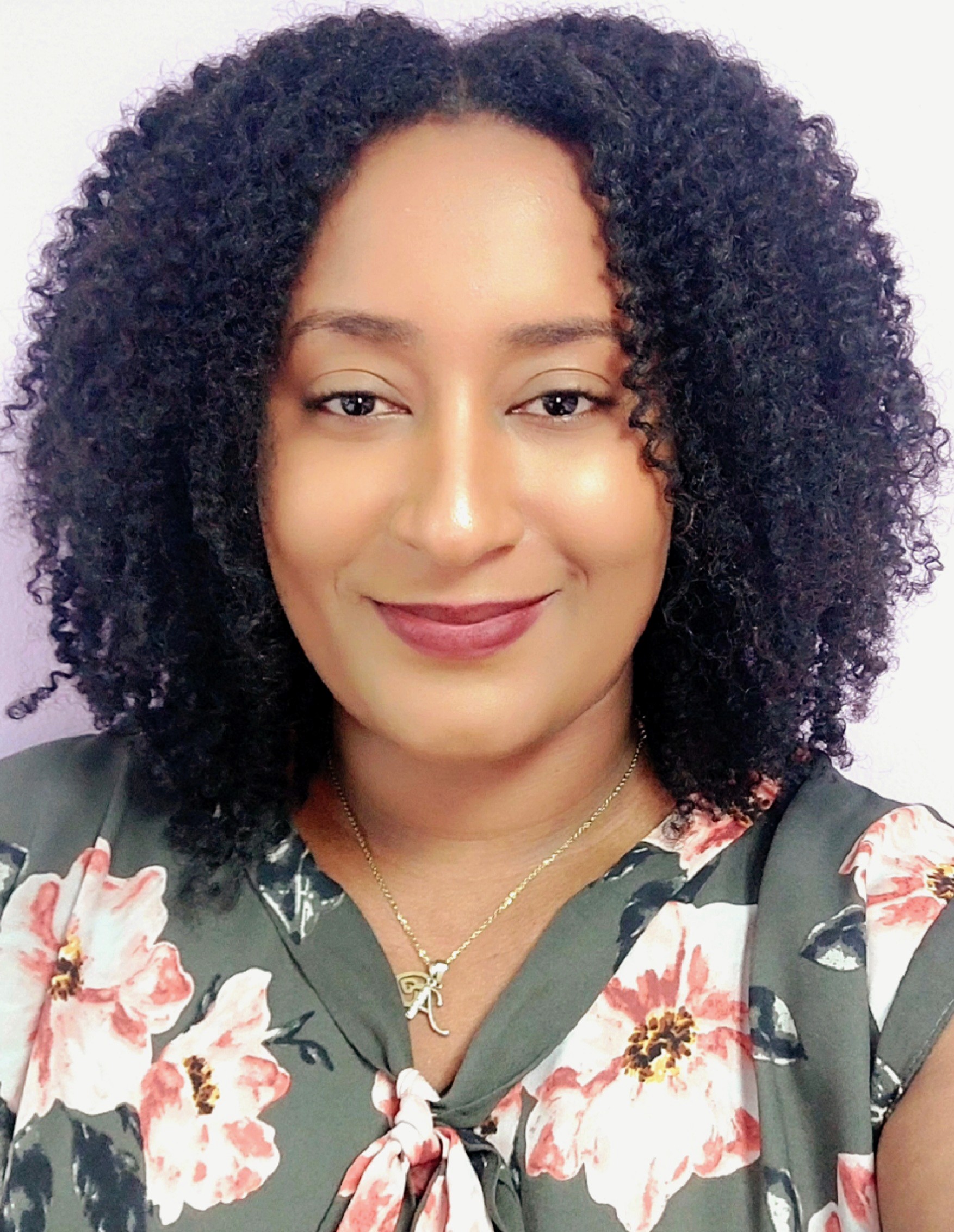
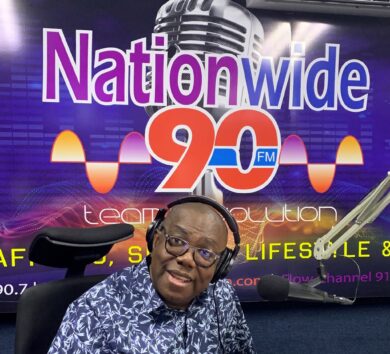
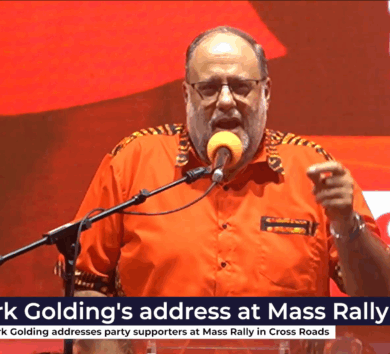


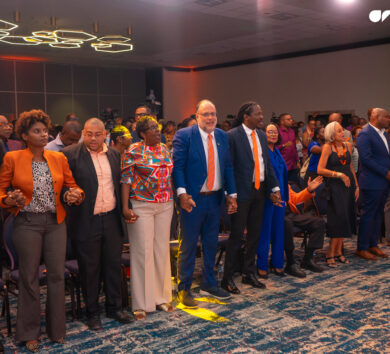

Comments